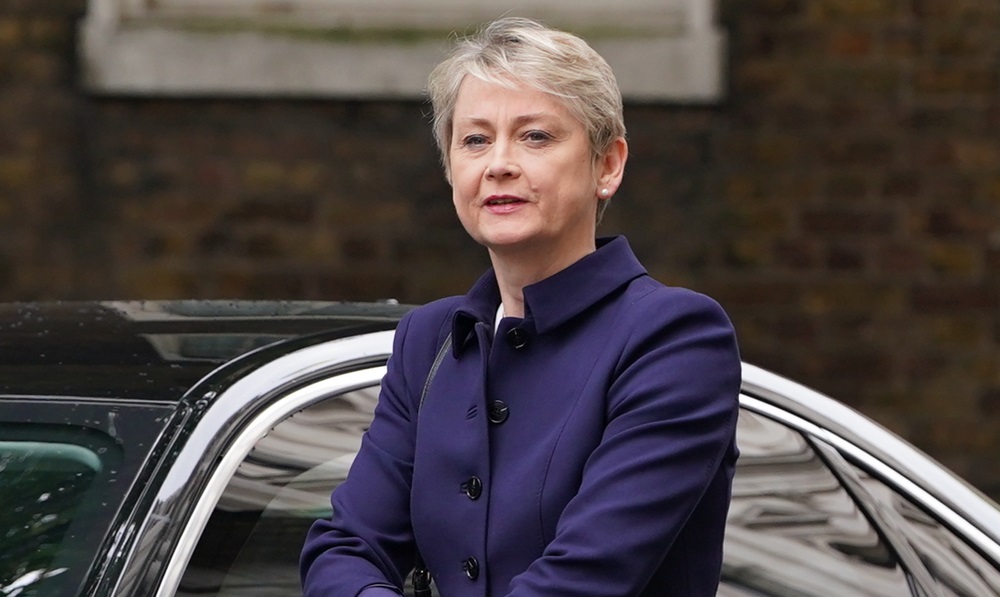Cooper orders review of anti-terror programme so ‘serious cases are not missed’

The Home Secretary has ordered a “thorough review” of the Southport killer’s referrals to the Prevent anti-terror programme “to identify what changes are needed to make sure serious cases are not missed”.
Yvette Cooper told MPs on Tuesday she had appointed Lord David Anderson KC as interim Prevent commissioner because “independent oversight” of the programme was needed.
Axel Rudakubana was reported to Prevent three times between 2019 and 2021 but the Home Office established each referral “should not have been closed”, she said.
Speaking in the Commons Ms Cooper said Lord Anderson will start work “immediately”, adding: “His first task will be to conduct a thorough review of the Prevent history in this case to identify what changes are needed to make sure serious cases are not missed, particularly when there is mixed and unclear ideology.”
Prevent
Meanwhile the Home Office will look at the thresholds used for Prevent referrals to see how violent behaviour can be “urgently” addressed.
It comes after officials in the department spent the summer investigating Rudakubana’s Prevent referrals and found, “given his age and complex needs”, they should not have been closed.
Ms Cooper said the referrals took place “between three and four years before the Southport attack, including following evidence that he was expressing interest in school shootings, in the London Bridge attack, the IRA, MI5 and the Middle East”, adding that on each occasion Rudakubana’s case was assessed by counter-terror police but not then sent for specialist support.
The findings are due to be published after he is sentenced.
The review “concludes that too much weight was placed on the absence of ideology without considering the vulnerabilities to radicalisation or taking account of whether he was obsessed with massacre or extreme violence, and the cumulative significance of those three repeat referrals was not properly considered”, Ms Cooper told MPs.
Public inquiry
She also set out more detail on the public inquiry into the July atrocity which triggered riots around the country.
Highlighting how several public bodies had contact with Rudakubana but “completely failed to identify the terrible danger that he posed”, she said it was “just unbearable to think that something more could and should have been done” as she asked how he fell through so many “gaps”.
“There are grave questions about how this network of agencies failed to identify and act on the risks. There were so many signs of how dangerous he had become, yet the action against him was far too weak. So, families need the truth about why the system failed to tackle his violence for so many years”, she told the Commons.
The public inquiry will begin work “initially on a non-statutory basis, so that it can move quickly into action”, she said but stressed statutory powers – which would mean witnesses could be ordered to attend and give evidence – would be added later “as required”.
Earlier, Prime Minister Sir Keir Starmer said of the inquiry: “I will not let any institution of the state deflect from their failure.”
Support our Nation today
For the price of a cup of coffee a month you can help us create an independent, not-for-profit, national news service for the people of Wales, by the people of Wales.






I watched the tory party continue to try to pin this on Labour at their time at the dispatch box this afternoon. They are shameful.
The current anti-terror laws and what the police and security services work to arose from the London bombings of 7/7 and introduced by the last Labour Government.